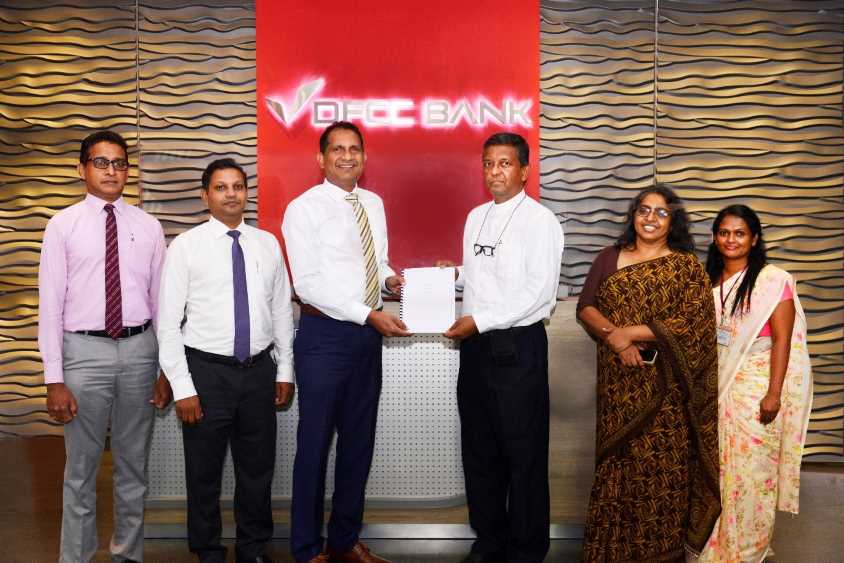The present energy crisis has made Sri Lankans keenly aware of the need for energy security. Many alternative energy sources are available, which can help ensure Sri Lanka never needs to face an energy crisis again. One of the most promising such sources is biogas, the combustible gases derived from biodegradable waste products, including agricultural waste, manure, municipal waste, plant material, sewage, green waste, food waste and other sources. Understanding the potential of this technology for sustainable energy generation, DFCC Bank, Sri Lanka’s pioneer in financing renewable energy, has joined hands with the recently established National Innovation Agency, which was enacted by the parliamentary Act No. 22 of 2019, to promote biogas technology, as the Agency’s financial services provider, and to create broader awareness about this sustainable alternative.
Discussing the benefits and strengths of the technology, Professor Ajith de Alwis, Chief Innovation Officer at the National Innovation Agency said, “Biogas has a triple benefit as waste becomes raw material, hence accomplishing recycling and sustainable disposal, while the output derived from that waste is transformed into a sustainable energy source and can also be used as an organic fertilizer. Therefore, this process stands unique as the only process that does not generate waste but instead uses waste as the input. In the agricultural sector, in particular, this technology is greatly beneficial. It is an incredibly efficient, convenient, and sustainable way of managing waste and then using that waste to generate energy for communities and commercial activity while also being a tenable organic fertilizer, helping to reduce the demand and need for artificial fertilizers. This can then be transposed to the household level and for various industries producing substantial amounts of organic and biodegradable waste. At the larger community and social level, it can help reduce energy costs and our carbon footprint while providing an effective and efficient method of waste disposal, often onsite or in the nearby vicinity. We hope to see this technology promoted further and popularized, which is why we have partnered with DFCC Bank.”




